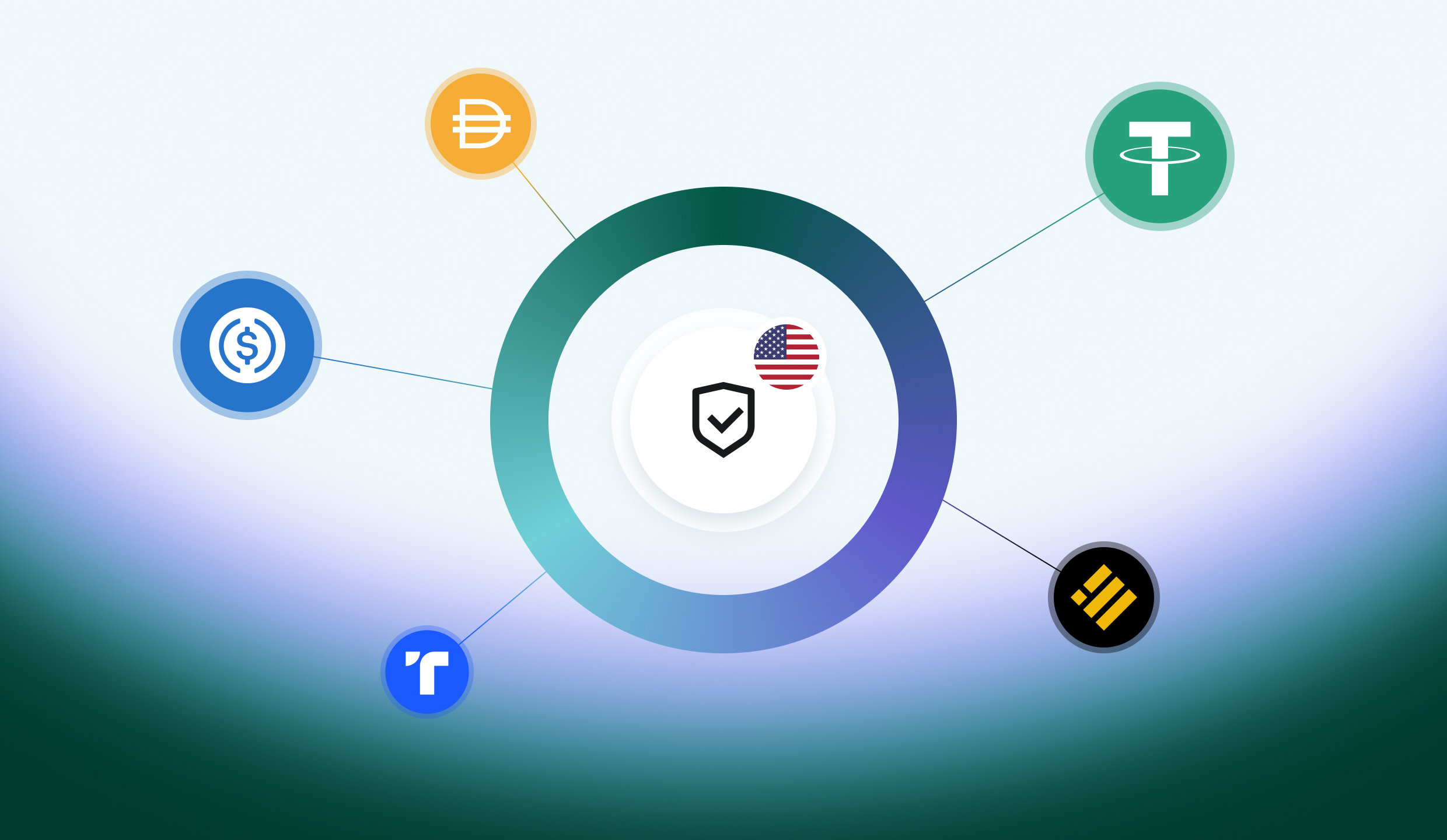On July 18, 2025, President Trump signed the Genius Act into law. This bipartisan milestone introduces the first comprehensive U.S. regulatory framework for dollar-backed stablecoins, signalling that stablecoins are maturing from speculative assets into enterprise-grade infrastructure with growing real-world use cases.
While Orbital doesn’t operate in the U.S., our clients are global and what happens in Washington has ripple effects that reach payment corridors around the world. For any business working across borders, regulatory clarity is a catalyst, not a constraint.
Stablecoins are evolving and so are the rules
Originally designed to address speed and efficiency gaps in early digital markets, stablecoins are now being shaped by regulation to support cross-border financial infrastructure.
Frameworks like the Genius Act help to reduce counterparty risk, improve transparency, and give greater clarity for those exploring integrating stablecoins into their global payment operations.
If 2023 was marked by caution, 2025 is defined by momentum. The Genius Act signals more than U.S. engagement, it reflects a global shift toward adoption, where compliance, infrastructure, and real-world use cases are finally converging.
Key takeaways for global businesses
The Genius Act introduces a formal regulatory framework for U.S. dollar-backed stablecoins. While headlines focus on political debate, the real value lies in what it enables for global businesses.
One of the most significant elements of the Genius Act is its clear distinction between stablecoins designed for payments and those created primarily for yield or speculation. This matters, especially for enterprises seeking more regulatory certainty around the tools they use for cross-border payments.
Key highlights include:
- Payment stablecoins must be backed 1:1 by U.S. dollars or short-term Treasury bills
- Two-tier framework: issuers with over $10B in outstanding stablecoins are supervised federally, while smaller issuers may operate under certified state regimes
- Monthly reserve disclosures and annual audits to improve transparency for larger issuers
- Issuers must meet high standards, including:
- Regular audits & reserve disclosures
- Advanced AML/KYC programs
- Built-in capabilities to freeze assets if required by law
At Orbital, we’ve always taken a compliance-first approach and welcome increased regulatory clarity that helps create a safer ecosystem for cross-border payments.
The Genius Act may be U.S-focused, but its impact is global. And the signal is clear: stablecoins are gaining serious momentum in becoming part of global enterprise payment strategies.
Important: The views and information shared here are for general informational purposes only and do not constitute financial, investment, legal, or other professional advice. Authors do not guarantee the accuracy or completeness of the content. Products and services mentioned may not be available in all jurisdictions and are subject to applicable regulations. Readers should conduct their own due diligence and consult with a qualified advisor before making any financial decisions.
Orbital is the trading name representing the Pay Perform group of traditional financial and digital asset service providers. Regulatory status of Orbital’s services differs per jurisdiction, and you may not be protected by government or regulatory protection schemes. Please see Legal Disclosures for more information or reach out to us at: hello@getorbital.com.
.svg)

.avif)








.avif)


.avif)
.avif)
.avif)
.avif)

